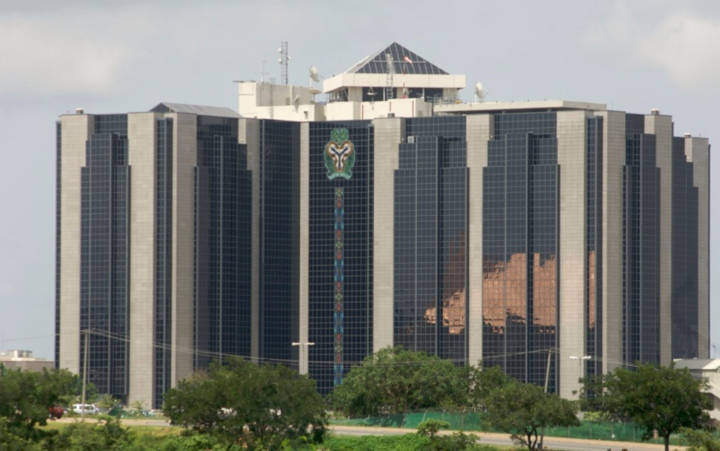Infostride News reported on the Central Bank of Nigeria’s (CBN) detailed analysis of the current inflationary pressures in the country, as outlined in its second-quarter economic outlook. The CBN attributes the persistent inflationary trends to various factors, shedding light on the potential challenges facing Nigeria’s economic landscape.
According to the CBN’s report, the removal of fuel subsidies, the depreciation of the naira, expected upward adjustments in wages and electricity tariffs, and the adverse impacts of climate change on agricultural activities are key contributors to the ongoing inflationary pressures. The rise in prices of premium motor spirit following the subsidy removal and the depreciation of the naira are highlighted as immediate concerns, with the anticipated reviews in wages and electricity tariffs adding further strain. Additionally, the negative effects of climate change on agricultural output are expected to exacerbate inflationary pressures.
The CBN acknowledges that while these factors may sustain inflation in the short term, it remains optimistic about the effectiveness of tight monetary policies and anticipates improvements in global supply chains to mitigate inflationary pressures in the future. The report emphasizes,

“Inflationary pressures may subsist in the near-term on account of the removal of fuel subsidies and subsequent higher prices of premium motor spirit, and the depreciation of the naira. Moreover, the anticipated upward review of wages and electricity tariffs, alongside the adverse effects of climate change on agricultural output, are likely to induce further inflationary pressures.”
However, the central bank also cautions that the combination of sustained tight monetary policies and enhancements in global supply chains will play a pivotal role in curbing inflation down the line. The report states,
“Notwithstanding, the sustained tight monetary policy stance, coupled with improvements in global supply chains are both expected to help dampen inflation.”
A closer look at the economic backdrop reveals that Nigeria’s inflation rate reached 27.33% in October, marking an 18-year high. This figure represents a 0.61% increase from the previous month, extending the streak of monthly increases for ten consecutive months. The primary driver of this surge has been the escalating prices of food, which soared to 31.52%, up from the 30.64% recorded in September.
The gravity of the situation prompted President Tinubu to declare a state of emergency on agriculture in June, elevating the sector’s status to a matter of national security. While the focus has been on food prices, the spike in transportation costs has also played a significant role in the inflation figures. The removal of the fuel subsidy in June led to an increase in transportation costs, contributing to the overall inflationary pressures.
Despite the concerted efforts of the Central Bank of Nigeria to address the rising inflation, including a 25 basis points increase in interest rates during its last Monetary Policy Committee (MPC) meeting, the inflationary trend has persisted. The recent shift in the leadership of the CBN, with Yemi Cardoso taking the reins, has added an element of uncertainty regarding the future policy direction, particularly concerning interest rates.
In summary, the economic outlook provided by Infostride News, based on the CBN’s report, paints a complex picture of Nigeria’s current inflationary challenges. The interplay of factors such as fuel subsidy removal, currency depreciation, wage and tariff adjustments, and climate change impacts on agriculture underscores the multifaceted nature of the issue. While the short-term outlook suggests continued inflationary pressures, the CBN remains hopeful that a combination of tight monetary policies and global supply chain improvements will eventually bring relief in the long run. The evolving economic landscape and the leadership transition at the CBN add further layers of complexity to the unfolding scenario.
Support InfoStride News' Credible Journalism: Only credible journalism can guarantee a fair, accountable and transparent society, including democracy and government. It involves a lot of efforts and money. We need your support. Click here to Donate
